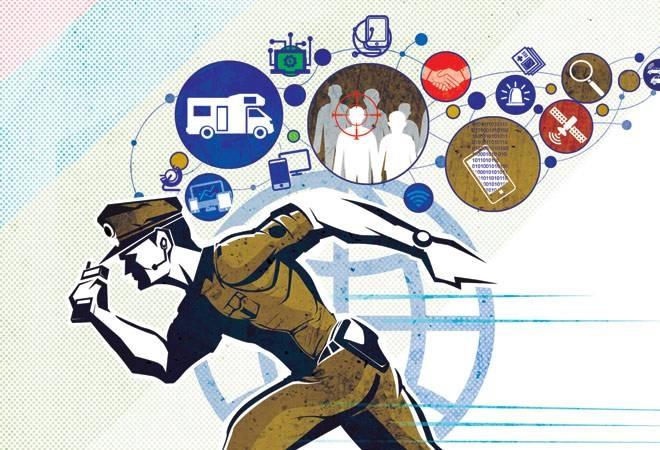Alarming Police-Community Relations in India: Status of Policing in India Report

India’s first Status of Policing in India Report (SPIR 2018) has revealed alarming aspects pertaining to the relationship of the police with vulnerable communities such as Minorities, Adivasis, Dalits, and the poor.
The report brought out by NGO Common Cause and the Lokniti - Programme for Comparative Democracy at the Centre for the Study of Developing Societies (CSDS), is based on analysis of the official data available, and a sample survey of 15563 respondents across 188 assembly constituencies in 22 states namely Andhra Pradesh, Assam, Bihar, Gujarat, Haryana, Himachal Pradesh, Karnataka, Kerala, Madhya Pradesh, Maharashtra, Nagaland, Odisha, Punjab, Rajasthan, Tamil Nadu, Uttar Pradesh, WestBengal, Delhi, Jharkhand, Chhattisgarh, Uttarakhand, and Telangana. The survey was conducted between June-July 2017.
The study found ‘class’ as the most significant schism of discriminatory attitude (of the police), with over half of the respondents confirming that police discriminates between the rich and the poor, followed by gender, caste and religion.
51% of the people surveyed reported class-based discrimination by the police, followed by 30% who underwent gender-based discrimination, 26% faced caste-based discrimination and 19% were victims of religious discrimination by the police.
Low Representation of Muslims, SCs, STs in Police
Muslim representation in police forces remained “disproportionately” low while the community continued to have high representation in prisons, the report revealed. It stated: “Muslim representation in police, calculated in proportion to their population in the states and at the all-India level, is constantly less than half of the size of their population in India”. It further added that 64% of them are “highly” or “somewhat” fearful of the police, much higher than the number of Hindus which constitutes 24% in the category. It stood at 52% and 51% for Christians and Sikhs respectively.
The report stated that of the 22 states studied for a period of five years, there is “disproportionately” higher representation in prisons of the SCs in 18 states, of the STs in 19 states, and of the Muslims in all of the 22 surveyed states.
Reservation Quota not fulfilled
Over the last five years, only three states - Punjab, Uttarakhand,and Delhi, out of the selected 22 states, have been able to meet the reserved quota for SCs. Likewise, only six states have been able to fulfil the reserved quota for STs (Bihar, HP, Karnataka, Nagaland, Telangana, Uttarakhand) and only nine states have been able to meet the reservation quota for OBCs (AP, Assam, Jharkhand, Karnataka, Maharashtra, Odisha, Punjab, Telangana, Uttarakhand). None of the states have been able to achieve the 33%benchmark for recruitment of women in police force. Women stood at a meager 7.3% representation as of 2016.
False Implications
On the targeted discrimination of certain vulnerable communities by the police and their false implication in cases, the report stated that 38% respondents agreed that Dalits were falsely implicated in “petty crimes”, 28% agreed on false implication of Adivasis on charges of being “Maoists”, and 27% agreed that Muslims are falsely implicated on “terrorism” related charges.
In a nutshell, the report puts forward the urgency in bringing police reforms in the country as people are not exactly happy with the police but have still not given up on the institution.
State-wise Performance
On parameters such as crime rate index, police diversity index, prison data index, and police autonomy, Himachal Pradesh performed consistently well. Chhattisgarh, Madhya Pradesh, and Uttar Pradesh performed well in the category of disposal of cases. However, Uttar Pradesh was lagging behind in all other aspects of policing such as diversity, infrastructure and prison data indices. Assam, Delhi, and West Bengal figured as weakly performing states on the disposal (of total crimes, crimes against STs and children) indices.
According to the report, on nearly all the parameters, Uttar Pradesh and Bihar were the least performing states, and Kerala, Himachal Pradesh, and Odisha stood out as the best performing states.
Get the latest reports & analysis with people's perspective on Protests, movements & deep analytical videos, discussions of the current affairs in your Telegram app. Subscribe to NewsClick's Telegram channel & get Real-Time updates on stories, as they get published on our website.
























